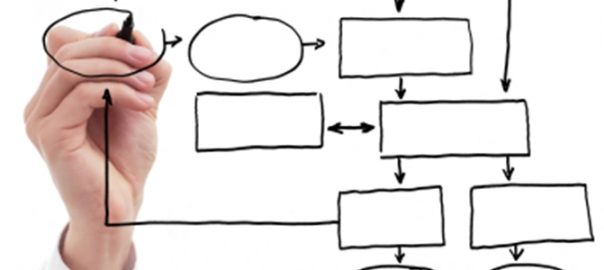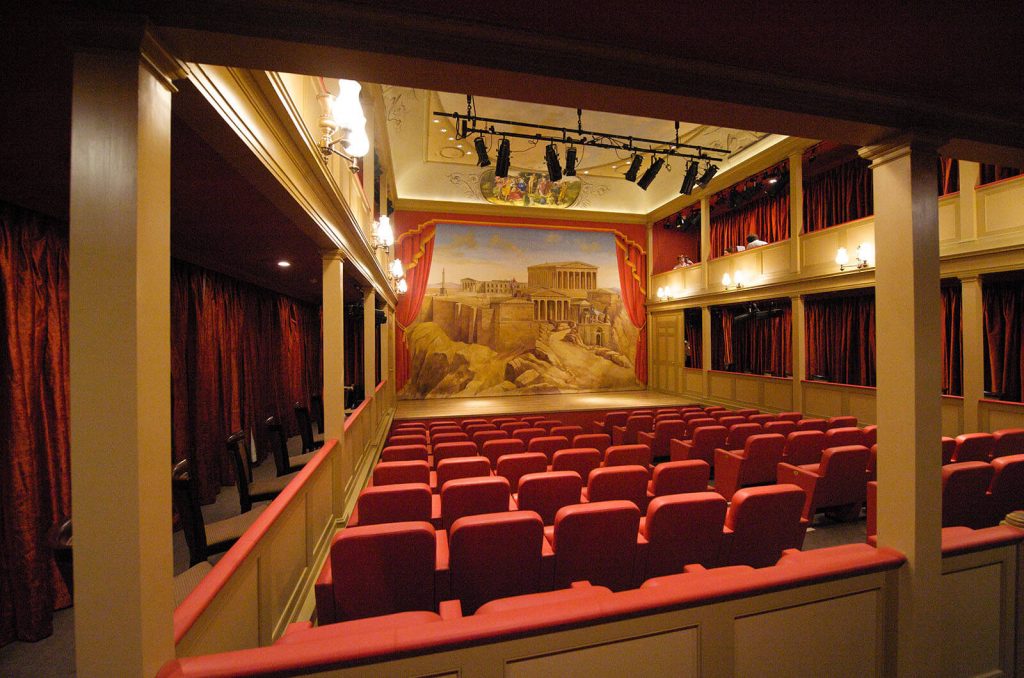By Dr. Kim Clugston, Research Data Co-ordinator, Office of Scholarly Communication
Underlying all research data is always an effective and working method and this applies across all disciplines from STEMM to the Arts, Humanities and Social Sciences. Methods are a detailed description of the tools that are used in research and can come in many forms depending on the type of research. Methods are often overlooked rather than being seen as an integral research output in their own right. Traditionally, published journals include a materials and methods section, which is often a summary due to restrictions on word limits making it difficult for other researchers to reproduce the results or replicate the study. There can sometimes be an option to submit the method as “supplementary material”, but this is not always the case. There are specific journals that publish methods and may be peer-reviewed but not all are open access, rendering them hidden behind a paywall. The last decade has seen the creation of “protocol” repositories, some with the ability to comment, adapt and even insert videos. Researchers at the University of Cambridge, from all disciplines – arts, humanities, social sciences and STEMM fields – can now publish their method openly in Apollo, our institutional repository. In this blog, we discuss why it is important to publish methods openly and how the University’s researchers and students can do this in Apollo.
The protocol sharing repository, Protocols.io, was founded in 2012. Protocols can be uploaded to the platform or created within it; they can be shared privately with others or made public. The protocols can be dynamic and interactive (rather than a static document) and can be annotated, which is ideal for highlighting information that could be key to an experiment’s success. Collaboration, adaptation and reuse are possible by creating a fork (an editable clone of a version) that can be compared with any existing versions of the same protocol. Protocols.io currently hosts nearly 16,000 public protocols, showing that there is a support for this type of platform. In July this year it was announced that Protocols.io was acquired by Springer Nature. Their press statement aims to reassure that Protocols.io mission and vision will not change with the acquisition, despite Springer Nature already hosting the world’s largest collection of published protocols in the form of SpringerProtocols along with their own version of a free and open repository, Protocol Exchange. This begs the question of whether a major commercial publisher is monopolising the protocol space, and if they are, is this or will this be a problem? At the moment there do not appear to be any restrictions on exporting/transferring protocols from Protocols.io and hopefully this will continue. This is a problem often faced by researchers using proprietary Electronic Research Notebooks (ERNs), where it can be difficult to disengage from one platform and laborious to transfer notebooks to another, all while ensuring that data integrity is maintained. Because of this, researchers may feel locked into using a particular product. Time will tell how the partnership between Protocols.io and Springer Nature develops and whether the original mission and vision of Protocols.io will remain. Currently, their Open Research plan enables researchers to make an unlimited number of protocols public, with the number of private protocols limited to two (paid plans offer more options and features).
Bio-protocol exchange (under the umbrella of Bio-protocol Journal) is a platform for researchers to find, share and discuss life science protocols with protocol search and webinars. Protocols can be submitted either to Bio-protocol or as a preprint, researchers can ask authors questions, and fork to modify and share the protocol while crediting the original author. They also have an interesting ‘Request a Protocol’ (RaP) service that searches more than 6 million published research papers for protocols or allows you to request one if you are unable to find what you are looking for. A useful feature is that you can ask the community or the original authors of the protocol any question you may have about the protocol. Bio-protocol exchange published all protocols free of charge to their authors since their launch in 2011, with substantial financial backing of their founders. Unfortunately, it was announced that protocol articles submitted to Bio-protocol after March 1 2023 will be charged an Article Processing Charge (APC) of $1200. Researchers who do not want to pay the APC can still post a protocol for free in the Bio-protocol Preprint Repository where they will receive a DOI but will not have gone through the journal’s peer review process.
As methods are integral to successful research, it is a positive move to see the creation and growth of platforms supporting protocol development and sharing. Currently, these tend to cater for research in the sciences, and serve the important role of supporting research reproducibility. Yet, methods exist across all disciplines – arts, humanities, social sciences as well as STEMM – and we see the term ‘method’ rather than ‘protocol’ as more inclusive of all areas of research.
Apollo (Cambridge University’s repository) has now joined the growing appreciation within the research community of recognising the importance of detailing and sharing methodologies. Researchers at the University can now use their Symplectic Elements account to deposit a method into Apollo. Not only does this value the method as an output in its own right, it provides the researcher with a DOI and a publication that can be automatically updated to their ORCID profile (if ORCID is linked to their Elements account). In May this year, Apollo was awarded CoreTrustSeal certification, reinforcing the University’s commitment to preserving research outputs in the long-term and should give researchers confidence that they are depositing their work in a trustworthy digital repository.
The first method to be deposited into Apollo in this way was authored by Professor John Suckling and colleagues. Professor Suckling is Director of Research in Psychiatric Neuroimaging in the Department of Psychiatry. His published method relates to an interesting project combining art and science to create artwork that aims to represent hallucinatory experiences in individuals with diagnosed psychotic or neurodegenerative disorders. He is no stranger to depositing in Apollo; in fact, he has one of the most downloaded datasets in Apollo after depositing the Mammographic Image Analysis Society database in Apollo in 2015. This record contains the images of 322 digital mammograms from a database complied in 1992. Professor Suckling is an advocate of open research and was a speaker at the Open Research at Cambridge conference in 2021.
An interesting and exciting new platform which aims to change research culture and the way researchers are recognised is Octopus. Founded by University of Cambridge researcher Dr Alexandra Freeman, Octopus is free to use for all and is funded by UKRI and developed by Jisc. Researchers can publish instantly all research outputs without word limit constraints, which can often stifle the details. Research outputs are not restricted to articles but also include, for example, code, methods, data, videos and even ideas or short pieces of work. This serves to incentivise the importance of all research outputs. Octopus aims to level up the current skew toward publishing more sensationalist work and encourages publishing all work, such as negative findings, which are often of equal value to science but often get shelved in what is termed the ‘file drawer’ problem. A collaborative research community is encouraged to work together on pieces of a puzzle, with credit given to individual researchers rather than a long list of authors. The platform supports reproducibility, transparency, accountability and aims to allow research the best chance to advance more quickly. Through Octopus, authors retain copyright and apply a Creative Commons licence to their work; the only requirement is that published work is open access and allows derivatives. It is a breath of fresh air in the current rigid publishing structure.
Clear and transparent methods underpin research and are fundamental to the reliability, integrity and advancement of research. Is the research landscape beginning to change to allow open methods, freely published, to take centre stage and for methods to be duly recognised and rewarded as a standalone research output? We certainly hope so. The University of Cambridge is committed to supporting open research, and past and present members who have conducted research at the University can share these outputs openly in Apollo. If you would like to publish a method in Apollo, please submit it here or if you have any queries email us at info@data.cam.ac.uk.
There will be an Octopus workshop at the Open Research for Inclusion: Spotlighting Different Voices in Open Research at Cambridge on Friday 17th November 2023 at Downing College.


